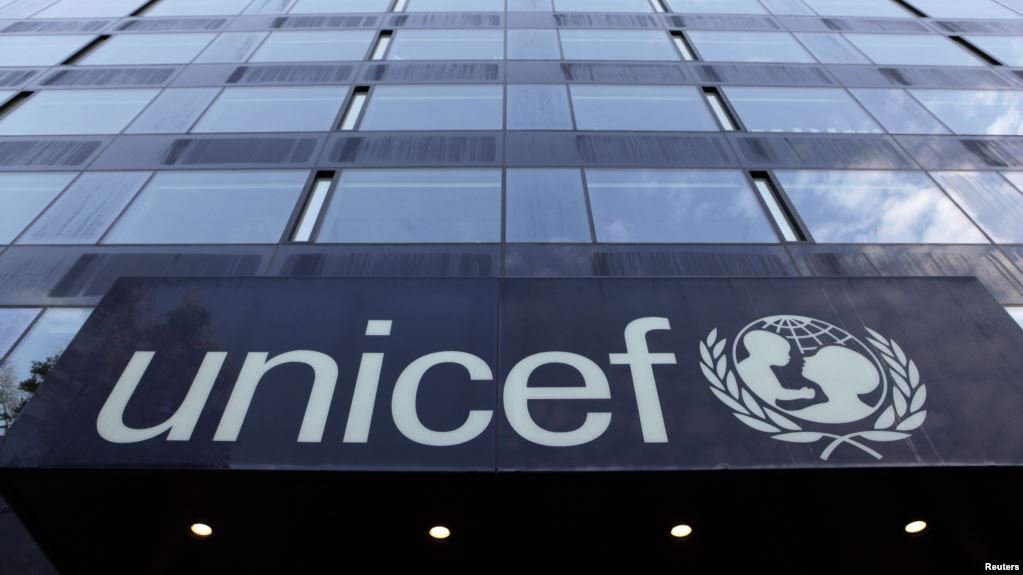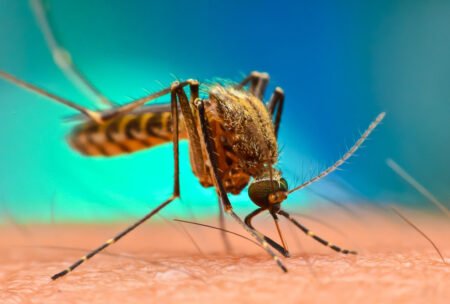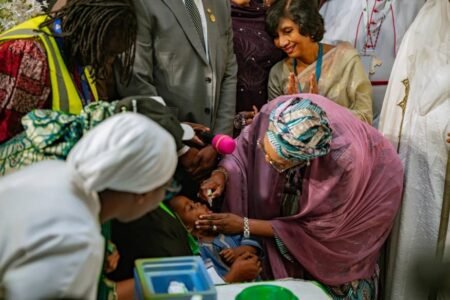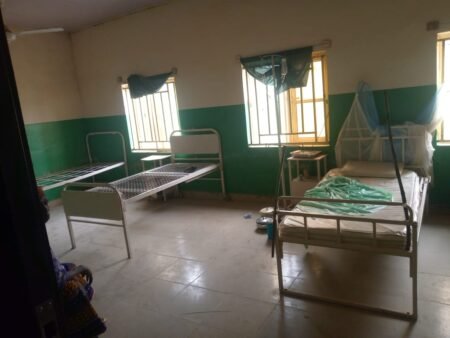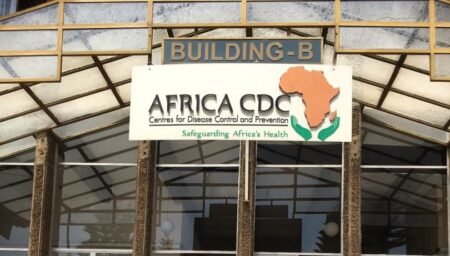UNICEF has earmarked N1.5 billion in counter-funding to address the escalating malnutrition crisis in Sokoto State.
The commitment comes as part of a high-level intervention by UNICEF, the European Union (EU), Médecins Sans Frontières (MSF), and the Nigerian government, all advocating for urgent action and increased financial support to avert a worsening humanitarian situation.
The intervention was disclosed during a visit to Governor Ahmed Aliyu by a delegation led by Nantewa Yilwatda, the Minister of Humanitarian Affairs and Poverty Alleviation.
The mission aims to galvanise support for tackling Severe Acute Malnutrition (SAM) in Sokoto, which has reached critical levels according to the latest Nutrition SMART survey.
Cristian Munduate, the UNICEF Country Representative, acknowledged Sokoto’s commitment to combating the crisis during the courtesy visit, noting the state’s own allocation of N500 million. She emphasised the need for adopting local, sustainable strategies to address the nutritional needs of the state’s most vulnerable.
Gautier Mignot, the European Union Ambassador to Nigeria and ECOWAS, also commended Sokoto’s efforts and reiterated the EU’s resolve to support vulnerable children, especially those facing life-threatening malnutrition.
Mr Yilwatda, speaking during the visit, recalled his own childhood experience as an Internally Displaced Person (IDP), stressing the close link between malnutrition and insecurity.
“There can be no food security without peace,” he said, urging the state to leverage its vast agricultural production to combat hunger.
Mr Yilwatda lauded the collaboration between the state and humanitarian partners and emphasised the need for durable solutions rooted in local capacity.
Responding, Governor Aliyu expressed appreciation to the development partners, particularly acknowledging UNICEF’s substantial pledge, and vowed sustained political will to end malnutrition in Sokoto.
The delegation also visited the Sokoto State Specialist Hospital, where they witnessed firsthand the severe toll SAM is taking on children and health workers.
Stabilisation units supported by UNICEF and MSF are now overstretched, and fears are growing that the upcoming hunger season will worsen the situation.
Health officials have warned that supplies of Ready-to-Use Therapeutic Food (RUTF)—an essential treatment for malnourished children—may run out by September 2025.
They called for the expansion of stabilisation centres, the establishment of new centres in rural areas, and the immediate clearance of over 30 containers of RUTF currently stuck at Nigerian ports.
In response, the minister directed UNICEF and partners to submit a detailed report on the bottlenecks affecting RUTF importation.
READ ALSO: 400,000 Adamawa children require nutrition treatment — UNICEF
She vowed to work with relevant federal agencies to ensure swift resolution. “This is no time for bureaucracy. We must act fast to save lives,” Mr Yilwatda said.
The delegation urged federal government intervention to unlock RUTF supply chains, increased state investment, and the use of local food sources. It also calls for stronger coordination among stakeholders to scale nutrition services and influence lasting policy change.
The minister said a follow-up meeting with key agencies and humanitarian groups would be held to ensure the implementation of action plans, building on UNICEF’s significant financial backing.
Read the full article here






